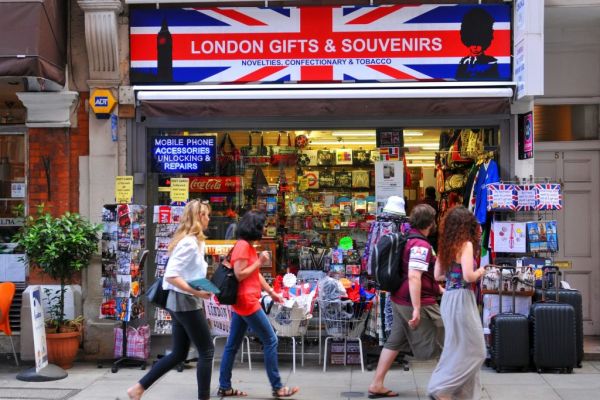What would happen if the U.K. leaves the European Union in March 2019 with no deal on the single market, customs union or transition arrangements?
London Mayor Sadiq Khan commissioned a study and the answer was half a million fewer jobs and 50 billion pounds ($68 billion) less investment by 2030.
Cambridge Econometrics analyzed five different Brexit scenarios, from the hardest to the softest form of Brexit, and broke down the economic impact on nine industries, from construction to finance.
Every Brexit outcome analyzed would damage the U.K. economy, but the more distance Britain puts between its current and future trading arrangements with the EU, the worse things got.
Worst-Case Scenario
In the worst-case scenario Prime Minister Theresa May would fail to secure a two-year transition to ease the passage for businesses, a situation that in London alone may create 87,000 fewer jobs and usher in 10 years of lower growth. Negotiations with the EU will resume in March, with the status of banks the new battleground of trade discussions.
Read why the fight for financial services in Brexit deal matters so much
The timing of the report is unfortunate for the premier, who’s meeting later Thursday with city financiers from companies including Goldman Sachs International, HSBC Holdings Plc and the London Stock Exchange Group to discuss safeguarding their interests post-Brexit.
The study said that in a no-deal hard scenario, the industry that fares the worst will be financial and professional services, with as many as 119,000 fewer jobs nationwide.
The report is also likely to be embarrassing for May after Brexit Secretary David Davis confessed last month that the government hasn’t conducted a detailed analysis of the impact of Brexit scenarios on different sectors of the economy. A series of much-talked about documents that Parliament insisted on seeing turned out to be statements of the obvious.
Khan, a member of the main opposition Labour Party, announced he’d commissioned the report after Davis’s admission. Davis was forced by lawmakers to publish studies that he’d previously described as containing “excruciating detail” on the impact of Brexit on the economy but that lawmakers complained had nothing that couldn’t be found on Wikipedia.
Lost Decade?
“If the government continues to mishandle the negotiations, we could be heading for a lost decade of lower growth and lower employment,” said Khan.
Moreover, the Treasury’s own Brexit analysis appears to be a guarded secret even as Chancellor of the Exchequer Philip Hammond announced in his Budget that an extra 3 billion pounds will be set aside for Brexit preparations over the next two years to allow for “every possible outcome.” That is in addition to the 700 million pounds already invested.
Thursday’s report found that while all parts of the country would suffer, London’s economy would prove the most resilient, with output 1.9 percent to 2.1 percent lower in 2030 than if Britain stayed in the EU, compared with a decline of between 3 percent and 3.3 percent elsewhere, under the no-deal, hard-Brexit scenario.
News by Bloomberg, edited by ESM. Click subscribe to sign up to ESM: The European Supermarket Magazine.













